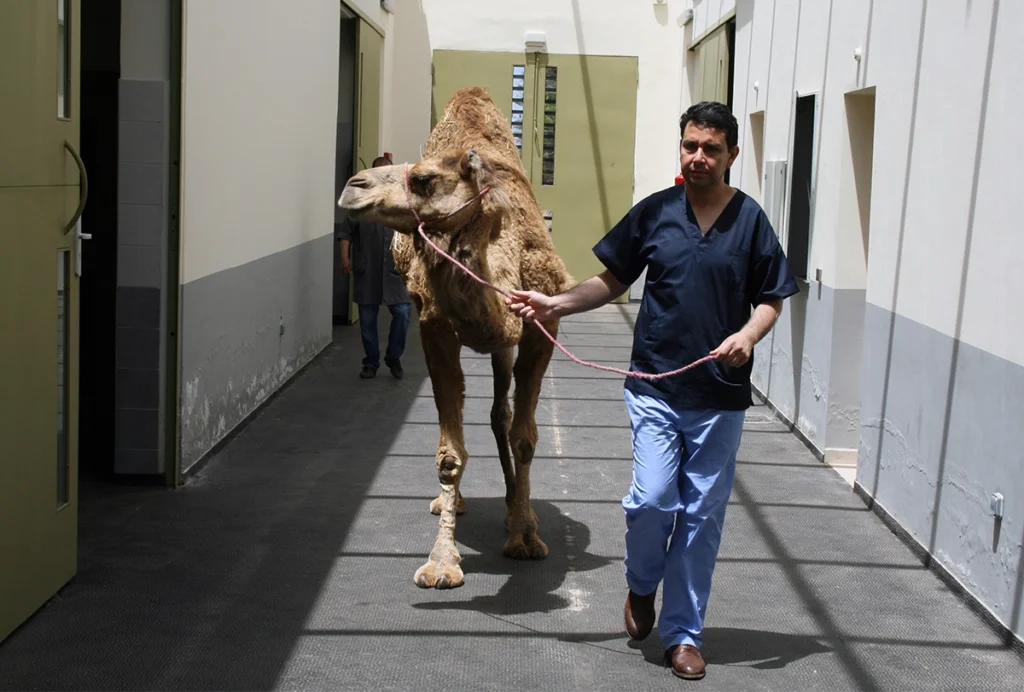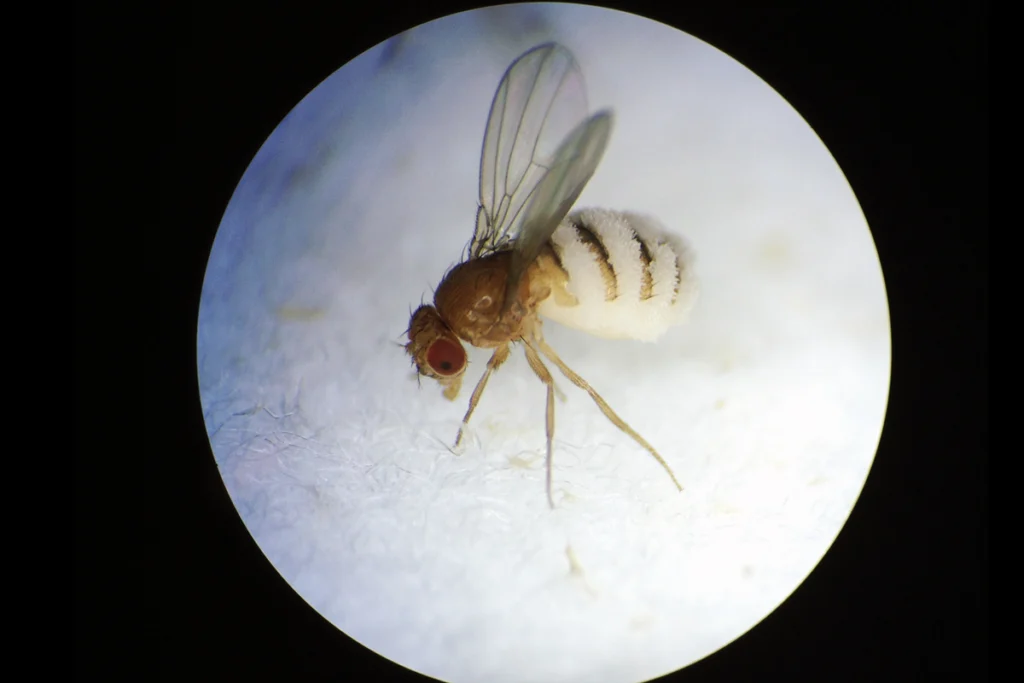Circadian rhythms
Recent articles
Temperature tunes circadian timing in some desert mammals
Light has hogged all the attention in chronobiology research—but now, in camel, goat and mole rat experiments, temperature takes the lead.

Temperature tunes circadian timing in some desert mammals
Light has hogged all the attention in chronobiology research—but now, in camel, goat and mole rat experiments, temperature takes the lead.
Mind control in zombie flies: Q&A with Carolyn Elya
A parasitic fungus compels its insect host to behave in strange ways by hijacking secretory neurons and circadian pathways.

Mind control in zombie flies: Q&A with Carolyn Elya
A parasitic fungus compels its insect host to behave in strange ways by hijacking secretory neurons and circadian pathways.
Autistic people at increased genetic risk of sleep problems
Compared with their unaffected siblings and unrelated controls, children with autism harbor more copy number variants in genes that govern the circadian cycle or are associated with insomnia.

Autistic people at increased genetic risk of sleep problems
Compared with their unaffected siblings and unrelated controls, children with autism harbor more copy number variants in genes that govern the circadian cycle or are associated with insomnia.
Explore more from The Transmitter
Neuro’s ark: Spying on the secret sensory world of ticks
Carola Städele, a self-proclaimed “tick magnet,” studies the arachnids’ sensory neurobiology—in other words, how these tiny parasites zero in on their next meal.

Neuro’s ark: Spying on the secret sensory world of ticks
Carola Städele, a self-proclaimed “tick magnet,” studies the arachnids’ sensory neurobiology—in other words, how these tiny parasites zero in on their next meal.
Autism in old age, and more
Here is a roundup of autism-related news and research spotted around the web for the week of 2 March.

Autism in old age, and more
Here is a roundup of autism-related news and research spotted around the web for the week of 2 March.
Lack of reviewers threatens robustness of neuroscience literature
Simple math suggests that small groups of scientists can significantly bias peer review.

Lack of reviewers threatens robustness of neuroscience literature
Simple math suggests that small groups of scientists can significantly bias peer review.